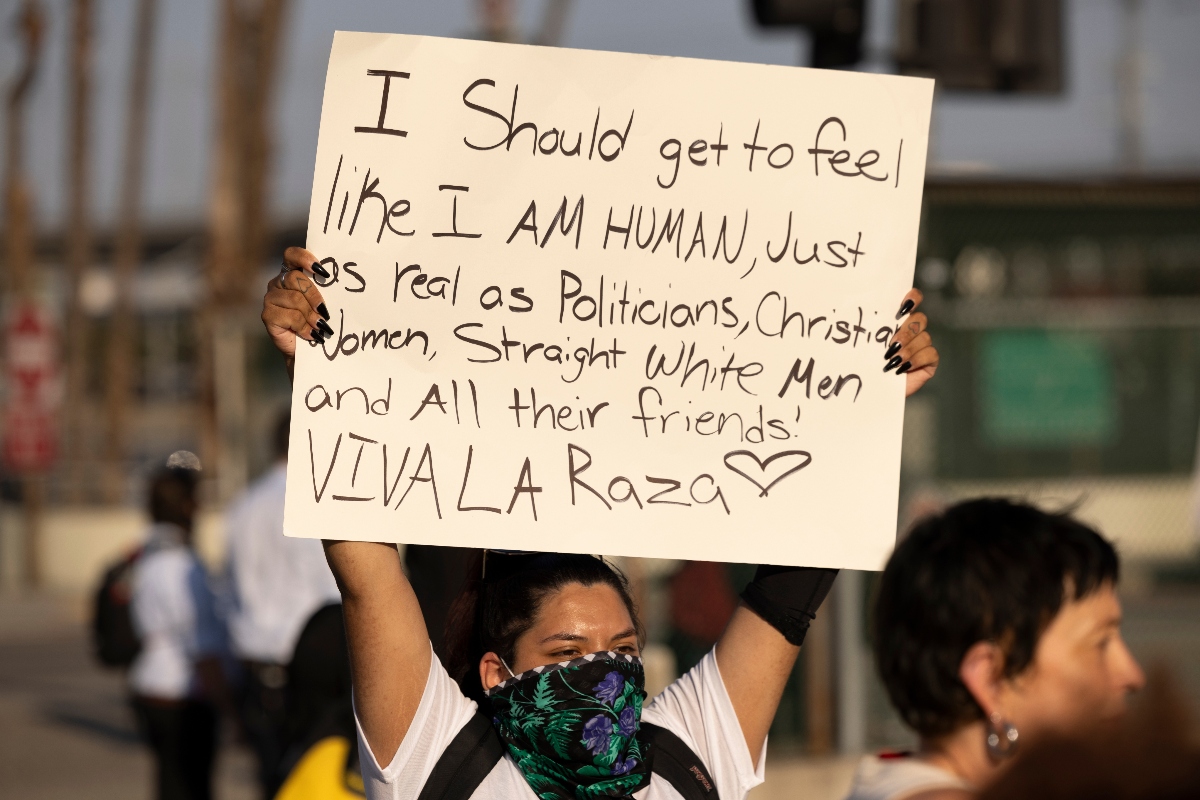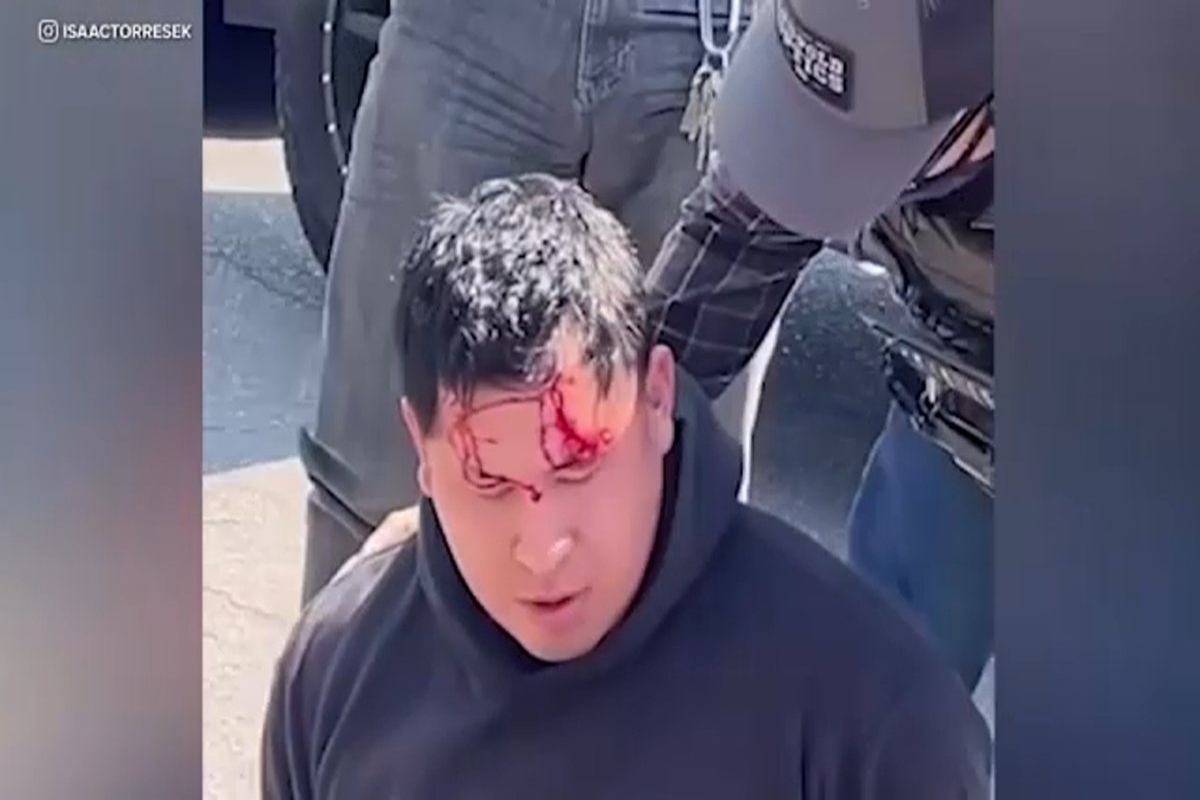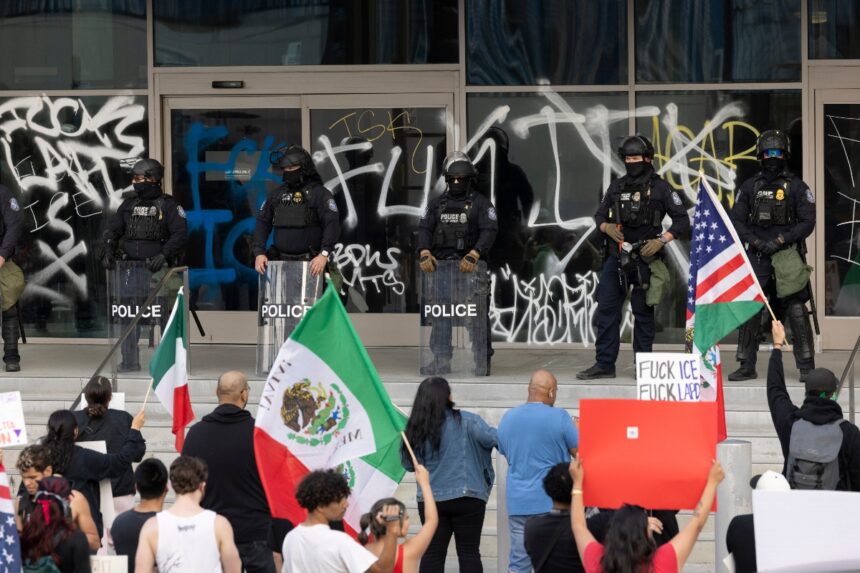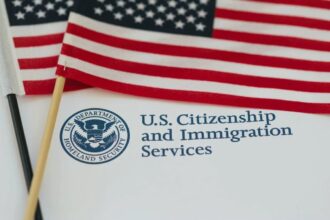ICE (Immigration and Customs Enforcement) mass raids under the Donald Trump administration have become one of the most aggressive mechanisms of his immigration policy since his return to the presidency in January 2025.
These operations, authorized by Executive Order 14159 (“Protecting the American People Against Invasion”), are aimed at identifying, detaining and deporting undocumented immigrants in the United States, a strategy that has generated national and international criticism for its impact on civil and human rights.
Massive raids and expedited removal

EO 14159 instructed the Department of Homeland Security (DHS) to enforce the Immigration and Nationality Act (INA) more rigorously.
Prioritizing immediate deportation – without a hearing or judicial review – of individuals who cannot demonstrate at least two years of continuous U.S. residency.
Mechanisms for the rapid deportation of persons convicted of serious crimes were also reinstated.
Between January and April 2025, ICE reported the detention of more than 158,000 people in raids, claiming that 75% had criminal records.
However, reports from TRAC (Transactional Records Access Clearinghouse) suggest that most faced only minor charges, such as traffic violations.
Raid locations and citizen response

ICE raids have not been limited to border areas:
They have also taken place in restaurants, courthouses, schools, hotels and workplaces.
In cities such as Los Angeles, New York, Atlanta and Chicago, thousands of people have taken to the streets in protest.
Mechanisms were reinstated to rapidly report individuals convicted of serious crimes
Tensions rose in Los Angeles when the government deployed 4,000 National Guard soldiers and 700 Marines after declaring the protesters “insurgents”.
This action was criticized by California Governor Gavin Newsom as a “blatant abuse of power.”
Violations of fundamental rights

Various human rights organizations have warned that these raids by ICE violate basic principles such as:
The right to due process, by preventing hearings and legal defense.
The prohibition of collective expulsions, by not evaluating each case individually.
The right to seek asylum, recognized by international law and the INA.
The principle of family unity, by separating fathers, mothers and children.
Protection against cruel and inhumane treatment, especially in detention centers with poor conditions.
In addition, widespread fear among migrant communities has affected mental health and access to basic services, creating an environment of insecurity and persecution.
For more information, visit QuéOnnda.com.














